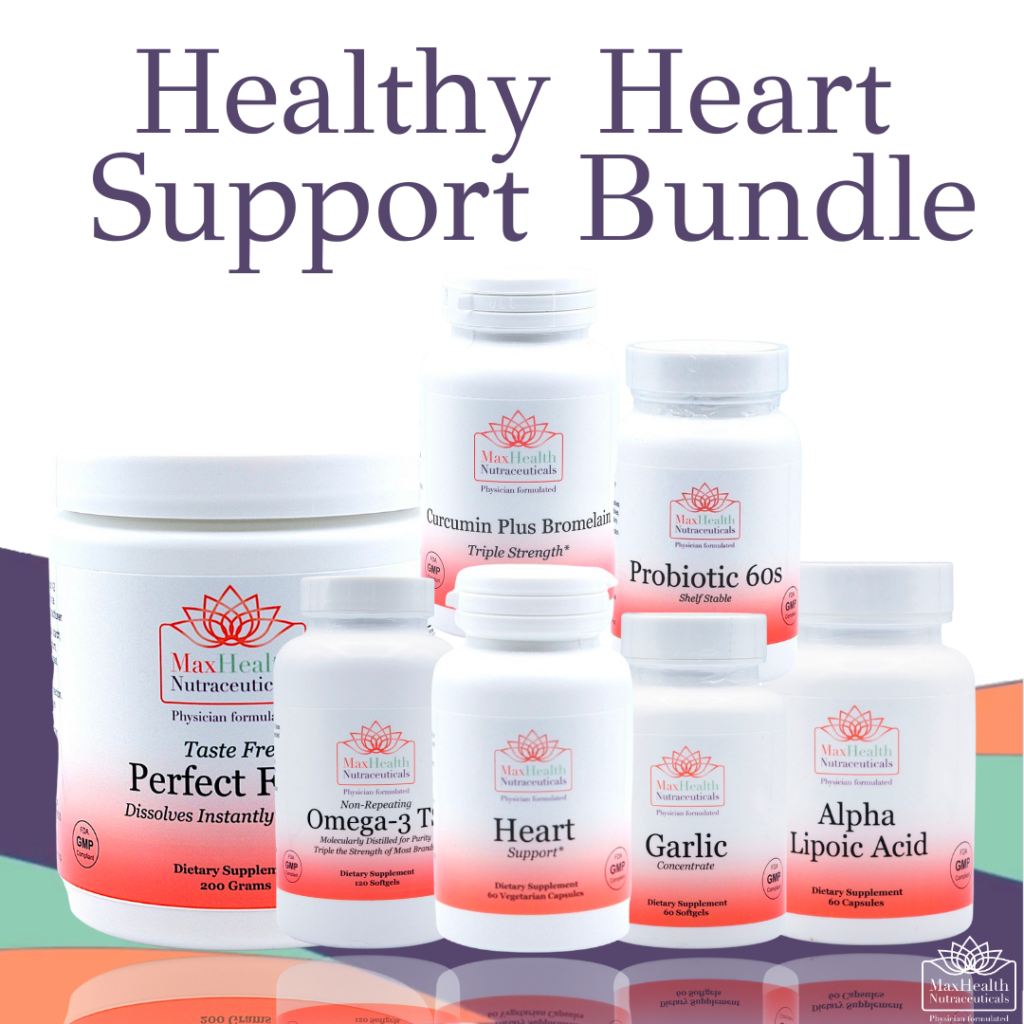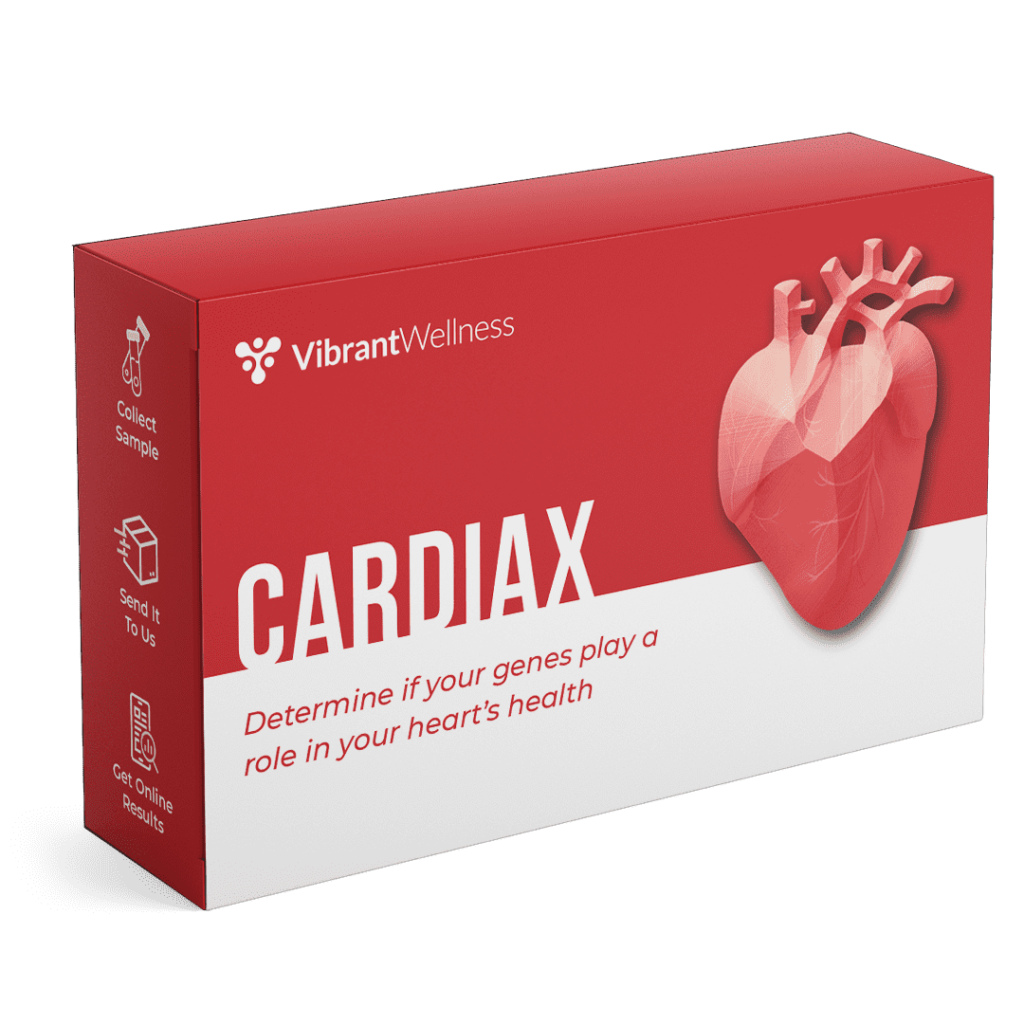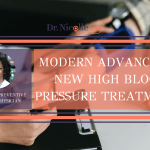
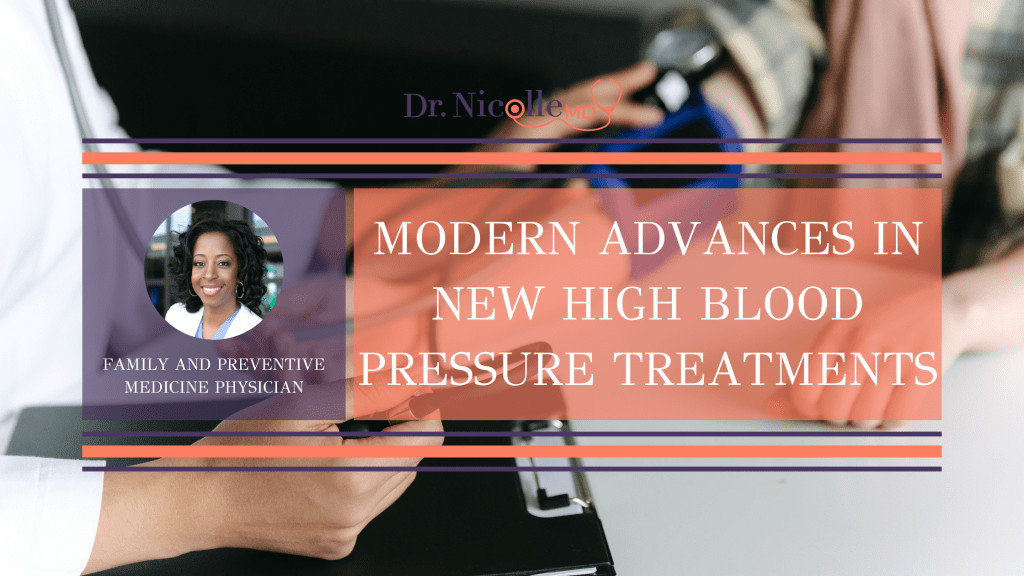
Standard high blood pressure treatments include routine exercise, medication, stress management, and proper nutrition.
While these methods are by no means outdated and are often still a part of comprehensive health management, additional medicinal treatment is often necessary to achieve optimum improvement.
Researchers and healthcare practitioners are always looking for new ways to expand our knowledge of hypertension and what we can do to prevent it. Advancements in treatment have followed, especially since the demand for these treatments has only grown over the years.
The Growing Need for High Blood Pressure Treatments
The prevalence of high blood pressure in the general population is certainly going to continue.
Not only is it the current greatest contributor to disease globally, but the number of people affected by it has only increased over recent years.
There are many possible reasons for this. One might be the overreliance on cheap, quick meals that are high in all the compounds that can raise your blood pressure. It may also be a result of the average person’s life being busier and more stressful or simply a result of genetic predispositions.
Most likely, it is a combination of many different factors.
Either way, the need for effective high blood pressure treatment and prevention is greater than ever, which has fueled many different studies and resulting discoveries.
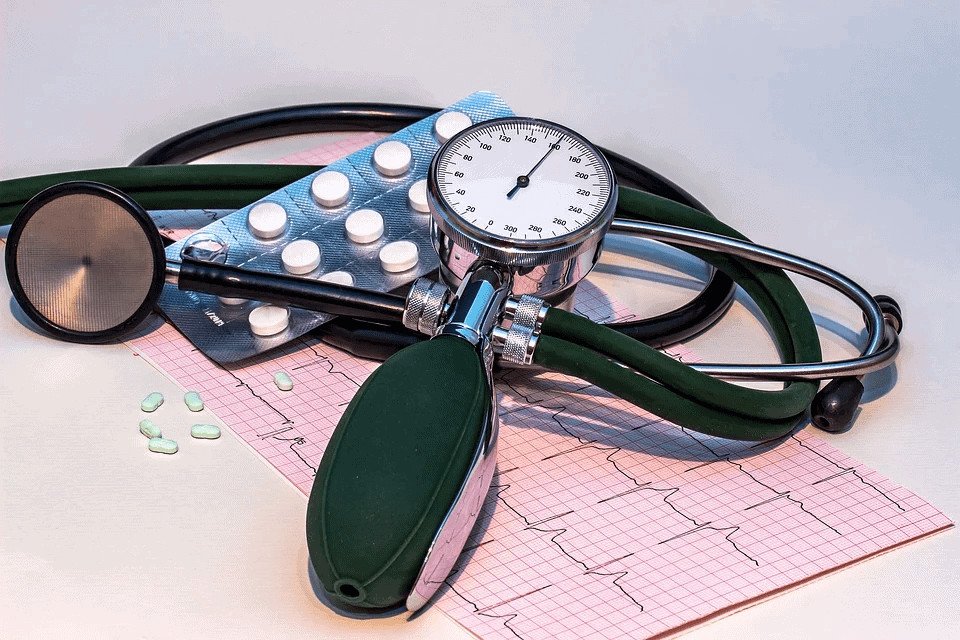
Modern Advancements
A good diet and plenty of exercise are as reliable for reducing blood pressure as ever. However, these may not always be enough on their own.
Most modern advancements have focused on improving the effectiveness of blood pressure medications as well as reducing any harmful medication side effects. This has led to new developments in drug therapies.
Combined Medication Therapy
Some medications that work just well enough on their own may become even more effective when combined with another drug.
Such is the case for beta-blockers and vasodilators, both of which have been used to treat high blood pressure before but which weren’t commonly combined until very recently.
The main goal of beta-blockers is to limit your body’s ability to access the hormone epinephrine, or adrenaline. When you’re startled, stressed, or angry, your body produces epinephrine, which, in turn, raises your blood pressure.
While this is great if you’re a caveman facing down a dangerous animal, it’s not so good if you have constant stress from your day job, which is why epinephrine needs to be restricted.
Vasodilators, on the other hand, directly target your blood vessels. They have a dilating effect, which means blood vessels widen, and blood can pass through them more easily.
When beta-blockers and vasodilators are combined in a safe ratio, the widened blood pathways and greatly reduced epinephrine levels keep your blood pressure under better control than either drug could accomplish on its own.
The Triple Pill
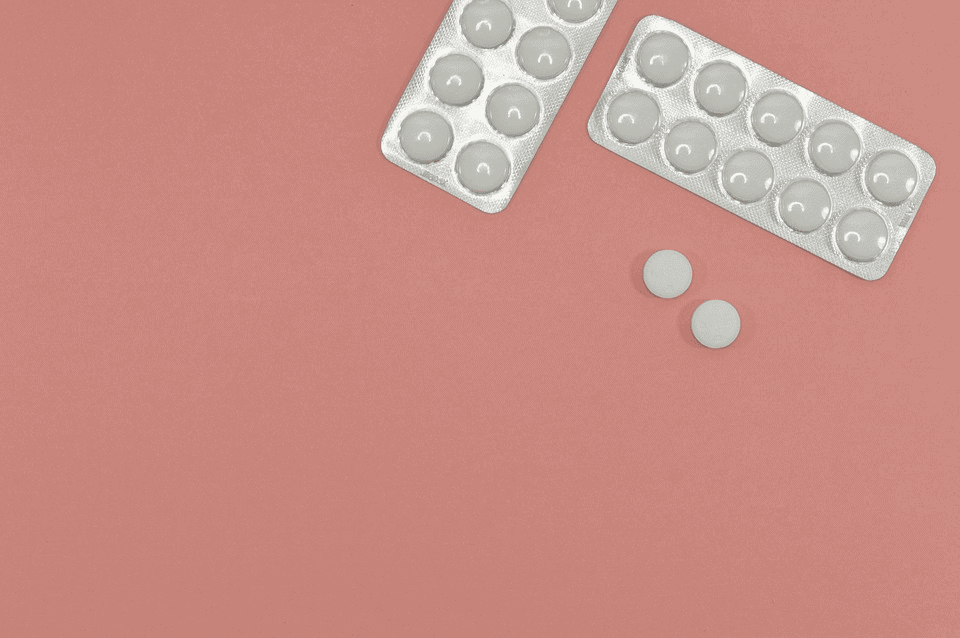
One of the most recent developments in managing blood pressure comes in the form of the triple pill, which began its development in 2018. This pill combines low doses of three different types of antihypertensive medications in an attempt to improve effectiveness and reduce the frequency of harmful side effects from blood pressure pills.
The triple pill formulation includes an angiotensin II receptor antagonist, a diuretic, and a calcium channel blocker. Each plays a role in facilitating normal blood flow.
The angiotensin II receptor antagonist prevents the cells in the smooth muscles of your blood vessels from utilizing angiotensin II. Since this hormone typically restricts blood flow, restricting its uptake prevents arteries from constricting and keeps blood moving.
Diuretics increase urination frequency, which is a natural way for your body to rid itself of excess sodium and fluid that could be contributing to high blood pressure.
Finally, the calcium channel blocker assists in relaxing blood vessels and promoting normal blood flow.
When combined, these three elements have a significant ability to lower blood pressure without overtaxing the body.
New Antihypertensive Drugs
There are already quite a few different drugs used to treat hypertension, but recent developments have introduced a new selection of medications that might be more effective or cause fewer side effects for different people. These include monatepil, imidazolines, and vasopeptidase inhibitors.
Monatepil is both a calcium channel blocker and an alpha one blocker. This dual-action works to decrease contraction at the blood vessel smooth muscle, which makes it a somewhat more effective antihypertensive than prior medications. Monatepil may also have fewer related side effects and be more tolerable to different people.
Imidazolines work on special central receptors to decrease vascular tone and can assist in blood pressure regulation. These new medications are a popular area of research and look to be especially useful in cardiovascular treatment.
Vasopeptidase inhibitors prevent blood vessels from constricting via the blockade of angiotensin II. They have also been indicated to be very useful in the treatment of heart failure.
These new antihypertensive drugs have already shown great promise in combating high blood pressure and related conditions, and there will doubtless be many more developments that follow in the coming years.
Food For Thought
Our knowledge of our bodies and how we can best take care of them is always expanding.
As new breakthroughs occur, we can expect to see improvement in managing high blood pressure while achieving as few side effects as possible.
If you would like to receive a free resource sheet to support your quest for better heart health, click the button below to receive your gift.
I’m excited to talk about this topic today because not only do I truly believe that you have the power to reverse heart disease and lower high blood pressure to improve your health, but the science also agrees! You can adopt healthy lifestyle practices that improve your health and enrich your life, which can in turn improve the lives of those close to you. You have the power to break the cycle of these chronic diseases so that you can leave a legacy of health to your loved ones.
As you may already know, I use lifestyle medicine as the first line of treatment, before medications, to treat lifestyle-related chronic diseases. Lifestyle-related chronic diseases include diabetes, hypertension, obesity, and some cancers, just to name a few. Lifestyle practices, such as eating a whole-food plant-based diet and regular physical activity, can help you improve blood pressure and reverse heart disease. In certain cases, these approaches may even outperform pharmaceutical therapy. But I always tell my patients that conventional medications may be appropriate at this time to prevent catastrophic illness, but over time, you can work to make the necessary lifestyle changes to possibly reduce and/or eliminate medications. Please remember to always consult your physician for your particular needs and circumstances prior to making any decisions whatsoever.
Is Dietary Supplementation Right For You?
There is a common saying, “You can’t outrun a bad diet.” This is especially true when it comes to heart health. Diet is sooooo very important… Did you know that your diet could be the key to a healthy heart? It’s true – what you eat (and don’t eat) can have a big impact on your cardiovascular health. So, if you’re looking to keep your heart in tip-top shape, make sure you pay attention to what you put on your plate.
Unfortunately, it can be difficult to eat a healthy diet in this day and age. It is very important to note that we are not eating the same foods we ate years ago because the soils have been depleted of critical nutrients through current industrial farming practices. And because the soil is not as good as it used to be, the food supply (grown from the depleted soil) is not as good as it used to be. For example, you are not getting the same levels of magnesium as you would have gotten 30 or even 50 years ago.
Second, much of the food has been genetically altered, which can impact the inherent and unique nutritional composition that each food possess. For example, ancient einkorn wheat has less gluten, more protein, more Vitamin A, and more beta carotene, than modern genetically modified wheat.
Third, the toxic load in the environment today is much higher than 100 years ago. We can see this with global warming, toxic landfills, polluted oceans and waterways, etc. Toxicity levels interfere with nutrient assimilation and absorption not just into the foods, but into our bodies as well.
For some people, vitamin and mineral supplements offer important health benefits. Supplements are designed to fight deficiencies found in our diet and complement the food we eat regularly. Supplements are basically “helping hands” to our daily food.
If you need extra help in getting the nutrients you need, and/or are unable to eat better, the supplements in my Healthy Heart Bundle may provide the extra boost you need.
These are my favorite Heart Health Supplements to use! This Healthy Heart Bundle will ensure you have the intake of the important vitamins, minerals, and probiotics to decrease inflammation and boost your innate wellness day and night. Taken together, it’s a solid plan for increasing your body’s natural resiliency while you lose weight and improve your heart health, naturally.
For best results make sure you use my heart health supplements with dietary changes including a whole food plant-based diet, regular exercise (at least 2-3x per week), regular sleep (8 hours per night), and intermittent fasting (at least 1-3x per week).
Tools to Improve Heart Health
Blood Pressure Monitoring
It’s very important to monitor your blood pressure. I often recommend an automatic upper arm blood pressure cuff, but a wrist blood pressure monitor is also acceptable.
Weight Monitoring
Since weight management is very important in blood pressure control, I recommend that you be mindful of your weight and its fluctuations, and that you monitor your weight AT LEAST on a weekly basis. I recommend a scale that includes a body composition monitor.
Taking Charge Of Your Heart Health
Heart health is a big topic. It’s in the news, on our minds, and for good reason; heart disease remains the leading cause of death in the U.S. But what if there was something you could do proactively to help protect your heart from future problems? Enter the CardiaX test—a revolutionary new way to take charge of your heart health!
What is CardiaX?
CardiaX is a comprehensive genetic testing panel that looks at mutations associated with common cardiovascular risks. It can be used to determine if there are any genetic factors at play in your heart health, and it can also identify potential areas of risk that may require further action. With this knowledge, you can make informed choices about your health today with the aim of improving long-term heart health outcomes.
Who Might Benefit from CardiaX?
If you have been diagnosed with or are at risk for atherosclerosis, abnormal cholesterol production, hypertension, stroke risk, and risk for heart attack then you may benefit from this test. Additionally, anyone who wants to know more about their genetic predispositions for common cardiovascular risks may also want to consider taking this test as well.
What Can I Do With My Results?
Your results will give you an indication of whether or not there are any potential genetic markers playing a role in your risk for developing certain conditions related to heart health. From there, you can work with your healthcare provider to develop a plan that takes into account these findings and helps you develop strategies for managing them going forward. In addition to lifestyle changes such as diet and exercise modification, selecting medications that are tailored specifically to your genetics could be beneficial as well.
In A Nutshell…
The CardiaX test is an exciting new way to take charge of your heart health by learning more about how genetics might be playing a role in certain cardiovascular risks. With this knowledge in hand, patients can make decisions informed by their own unique genetic profile that will help reduce their overall risk for developing certain conditions associated with heart disease. This type of proactive approach is key when it comes to protecting ourselves against this all-too-common affliction—so don’t wait another minute! Take control of your future and get started with the CardiaX test today!
Remember, healthy lifestyle behaviors–like eating a whole-foods plant-based diet that is low in sodium, being physically active, and stress management are the best ways to prevent and control high blood pressure. Please talk with your doctor about any complementary health approaches, including supplements, you use.
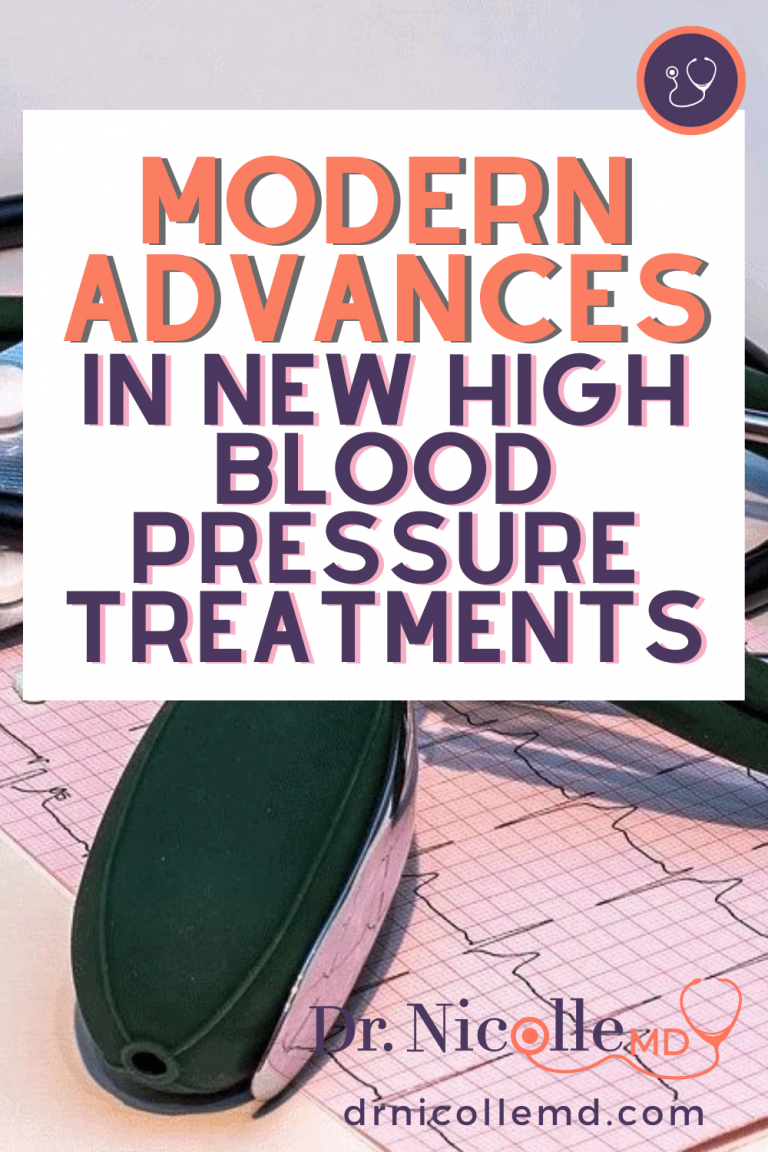
Dr. Nicolle Martin
Some of the links in this article are "affiliate links", a link with a special tracking code. This means if you click on an affiliate link and purchase the item, we will receive an affiliate commission.
The price of the item is the same whether it is an affiliate link or not. Regardless, we only recommend products or services we believe will add value to our readers.
By using the affiliate links, you are helping support our Website, and we genuinely appreciate your support.
Last updated on July 13th, 2022 at 05:39 am

Minimize Medications. Maximize Health.
Are you super busy but need to take control of your health? Are you tired of being tired? Subscribe to my “Minimize Medications, Maximize Health Blog” and I’ll give you 7 Tips to Get Healthy in No Time absolutely FREE.


